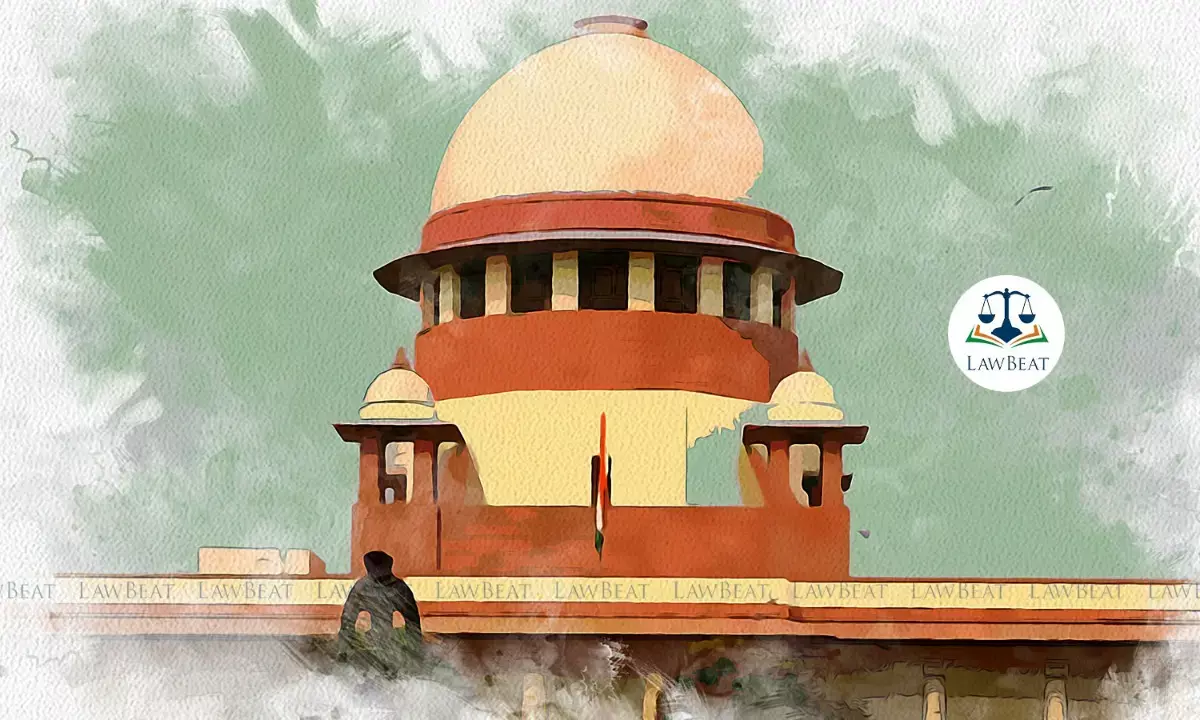Insurance Claim Can't Be Curtailed Without Proof of Liability Cap: Supreme Court

The Supreme Court recently held that an insurance company cannot rely on internal tariff guidelines or invoke policy limitations unless such grounds are specifically pleaded and supported by evidence.
A bench comprising Justices Sudhanshu Dhulia and K. Vinod Chandran allowed an appeal filed by the family of a deceased accident victim, restoring the Rs. 25.82 lakh compensation earlier awarded by the Motor Accident Claims Tribunal (MACT) and setting aside the High Court's order which had drastically reduced it to Rs. 2 lakh.
The case concerned whether the legal heirs of a man, who died while driving his brother’s car, which was covered by a comprehensive insurance policy, were entitled to claim compensation under the Motor Vehicles Act, 1988.
The deceased was driving the vehicle when a tyre burst, causing the car to topple. He succumbed to a head injury. The owner (his brother), the wives of both, and other family members were also in the vehicle and sustained injuries. The Tribunal found that the accident occurred without any negligence on the part of the driver and held that he had a valid driving licence.
The MACT awarded Rs. 25.82 lakh as compensation. However, the High Court reduced this to Rs. 2 lakh, stating that the insurance policy, though comprehensive, covered personal accident liability to the owner-cum-driver only to that extent.
The Supreme Court disagreed. It noted that while the insurance company argued that liability was capped under the Indian Motor Tariffs (IMT), particularly IMT 16, it had neither raised such a plea before the Tribunal nor included it as a ground in its memorandum of appeal before the High Court. Additionally, the policy itself was not produced before the Supreme Court in the appeal.
“When the contention of limited liability was neither taken before the Tribunal nor even in the memorandum of appeal filed, there was no reason for the High Court to look into the policy document to find limited liability,” the bench held.
The Court emphasized that in the present case, the basis of the claim was not statutory third-party liability under Section 147 of the MV Act, but a contractual personal accident cover included within the comprehensive policy. Since the insurer admitted to issuing such a policy, the only question was whether any limitation clause was established by evidence. The Court found none.
On the applicability of the Indian Motor Tariffs, the bench clarified:
“No doubt, the guidelines issued by the Tariff Advisory Committee regulate the issuance of the policies by the insurers but unless it is specified in the insurance policy, it cannot bind the insured.”
The Court also reiterated that in adjudication, pleadings and proof are essential:
“Trite is the principle that there can be no proof offered without specific pleadings.”
Allowing the appeal, the Court restored the MACT’s award and directed the insurance company to pay the balance amount with 8% interest per annum within two months. It also directed the appellant to furnish bank details so that the insurer could transfer the amount electronically.
Case Title: Manjusha & Ors. v. United India Assurance Company Limited & Anr.
Judgment Date: July 25, 2025
Bench: Justices Sudhanshu Dhulia and K. Vinod Chandran
